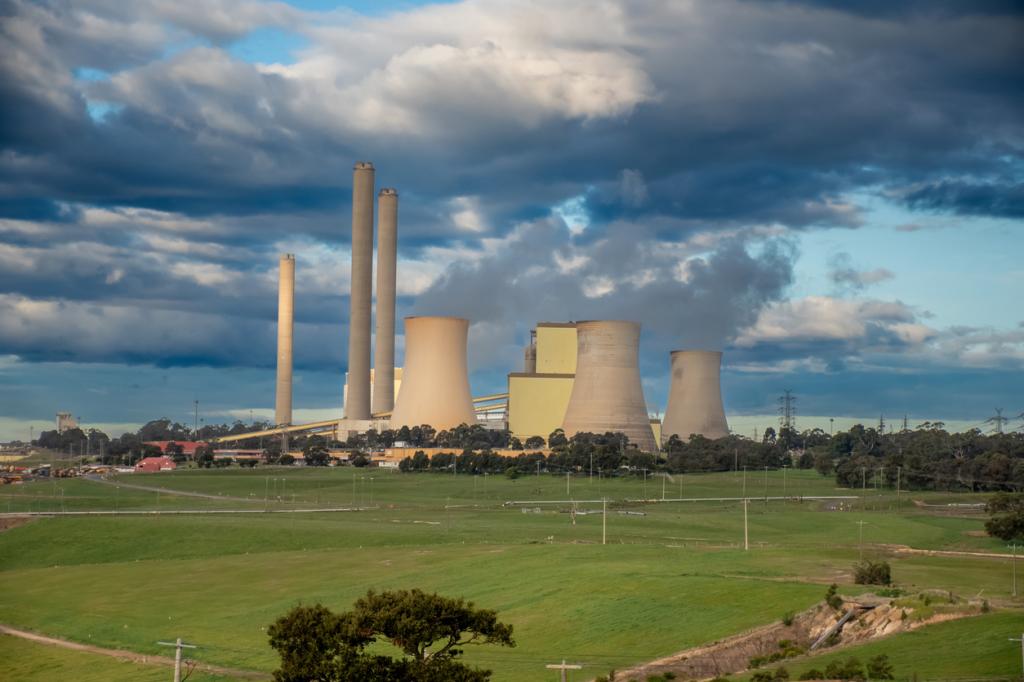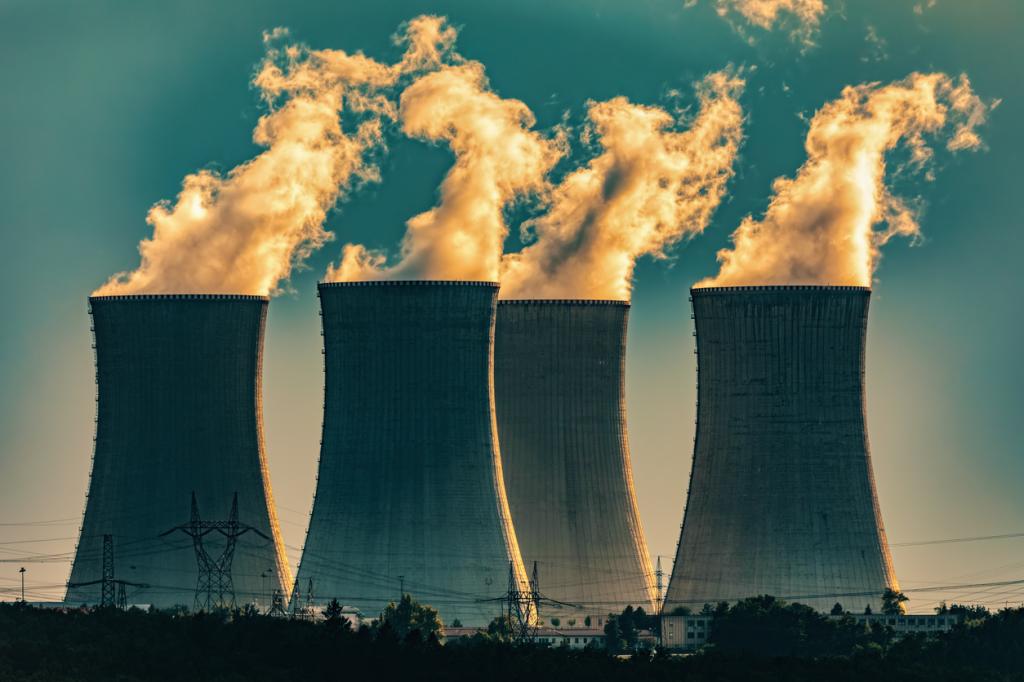The Federal Opposition finally unveiled what it calls a plan for nuclear energy in Australia, with seven sites marked, and with aspirations to operate the first two by 2035 and 2037. Most Australian states are saying no to the nuclear plan, and several already have bans against nuclear energy.
It’s an extremely tepid plan that was honestly embarrassing to watch get announced live on TV, without any discussions of cost (which would be gigantic compared to solar or wind with batteries at a similar scale) or any accurate timeframes.
FWIW, having a reactor functional by 2035 is a near impossibility by all accounts, whether it’s down to lifting bans at state and federal levels or building out the actual reactors. The logic of it providing “cheaper” electricity for households than renewables also doesn’t pass the sniff test.
No wonder many of Australia’s state leaders are just flat-out saying “no”. Heck, many of the state opposition leaders, most of which are Coalition parties, are also saying no. To state (sorry) the obvious, the states are kind of important if we’re going to be rolling out nuclear energy.
So, without further ado, here is every state that is saying no to the Opposition’s nuclear plan.
New South Wales
Although New South Wales already has a nuclear reactor, the one in Lucas Heights, it’s entirely dedicated to the development of medical devices. It’s not an energy generator, unlike the ones that the Opposition is proposing.
As it turns out, one reactor with a particular purpose is enough for New South Wales.
“Who’s paying for that [nuclear]? Is it just going to go on the federal government’s debt line? That’s a massive amount of money. And the truth is, we don’t have a minute to spare,” NSW Premier Chris Minns said yesterday.
“We have to transition our energy generation from coal-fired power to another source in a very short space of time.”
Also, New South Wales has a blanket ban on nuclear energy within the state. The Uranium Mining and Nuclear Facilities (Prohibitions) Act 1986 makes that clear. The state Opposition is, however, open to lifting the ban.
Victoria
Victoria’s not having a bar of nuclear either. On top of a blanket ban enforced by the Nuclear Activities (Prohibitions) Act 1983, nuclear reactors are not allowed within the state. And that’s not looking to change anytime soon.
Victorian Premier Jacinta Allen isn’t open to negotiating with the Federal Opposition on nuclear. “Nuclear energy, it’s toxic, it’s risky,” Premier Allen said.
The State Opposition didn’t sound particularly enthusiastic about it either. “We have no plans for it, but we acknowledge that a future government may initiate that discussion, I don’t think we should be foreclosing that discussion,” Opposition Leader John Pesutto said.

Queensland
Queensland’s icy about nuclear, too. The Nuclear Facilities Prohibition Act 2007 prohibits the construction of nuclear reactors within the state, and the state Premier isn’t open to exploring nukes in the sunshine state.
“Independent CSIRO analysis shows nuclear reactors are staggeringly expensive,” Premier Steven Miles said on Twitter (X). “The LNP’s nuclear agenda would massively increase electricity prices.”
The Opposition leader David Crisafulli has also ruled out nuclear within the state. “The things that we are offering are real and they are tangible, I understand there is that debate in Canberra, fair enough, but I can’t be distracted by it,” he said.
South Australia
South Australia doesn’t have a ban on nuclear energy sites, but it does have a ban on storage facilities for storing the byproduct of such energy creation (the Nuclear Waste Storage Facility (Prohibition) Act 2000).
Despite not having a blanket ban on nuclear reactors, Premier Peter Malinauskas was extremely critical of the plan. “We know from report after report that in the Australia context [nuclear] will make power more expensive, so why on earth would we pursue it?” he said. The state Opposition leader remained open-minded to the idea.
Western Australia
Although Western Australia doesn’t have a ban on nuclear energy sites, it does have laws on how nuclear materials are mined and processed (Nuclear Activities Regulation Act 1978), and laws on the handling of such materials (Nuclear Waste Storage and Transportation (Prohibition) Act 1999).
Despite no blanket ban, the state government isn’t thrilled about nuclear anyway. The proposed site at Collie in Western Australia has been labelled as “costly” and “reckless” by the State Energy Minister Reece Whitby.
“In Western Australia and Australia, more than anywhere else on the planet, renewables are the option that are most affordable and make sense. It’s getting cheaper all the time,” Whitby said.
However, opposition leader Shane Love says Western Australians could be won over.

What about the other states?
The territories don’t have laws specific to their jurisdictions on nuclear, and instead follow the laws imposed at the Federal level. Tasmania doesn’t have any laws against the storage of nuclear, or the use of nuclear reactors.
Oh, there’s also the federal bans
At a Federal level, bans on nuclear energy are enforced by the Australian Radiation Protection and Nuclear Safety Act 1998 and the Environment Protection and Biodiversity Conservation Act 1999. Only controlled facilities, such as the already mentioned Lucas Heights facility, are allowed.
Obviously those are enforced Australia-wide, and impact laws on top of state bans and in Tasmania, the Northern Territory, and the Australian Capital Territory.
There are not just cost and time analysis questions to be asked of nuclear, but also legislative questions at state and federal levels to even enable such things to progress. It’s a lot of hurdles.
Image: FOX
